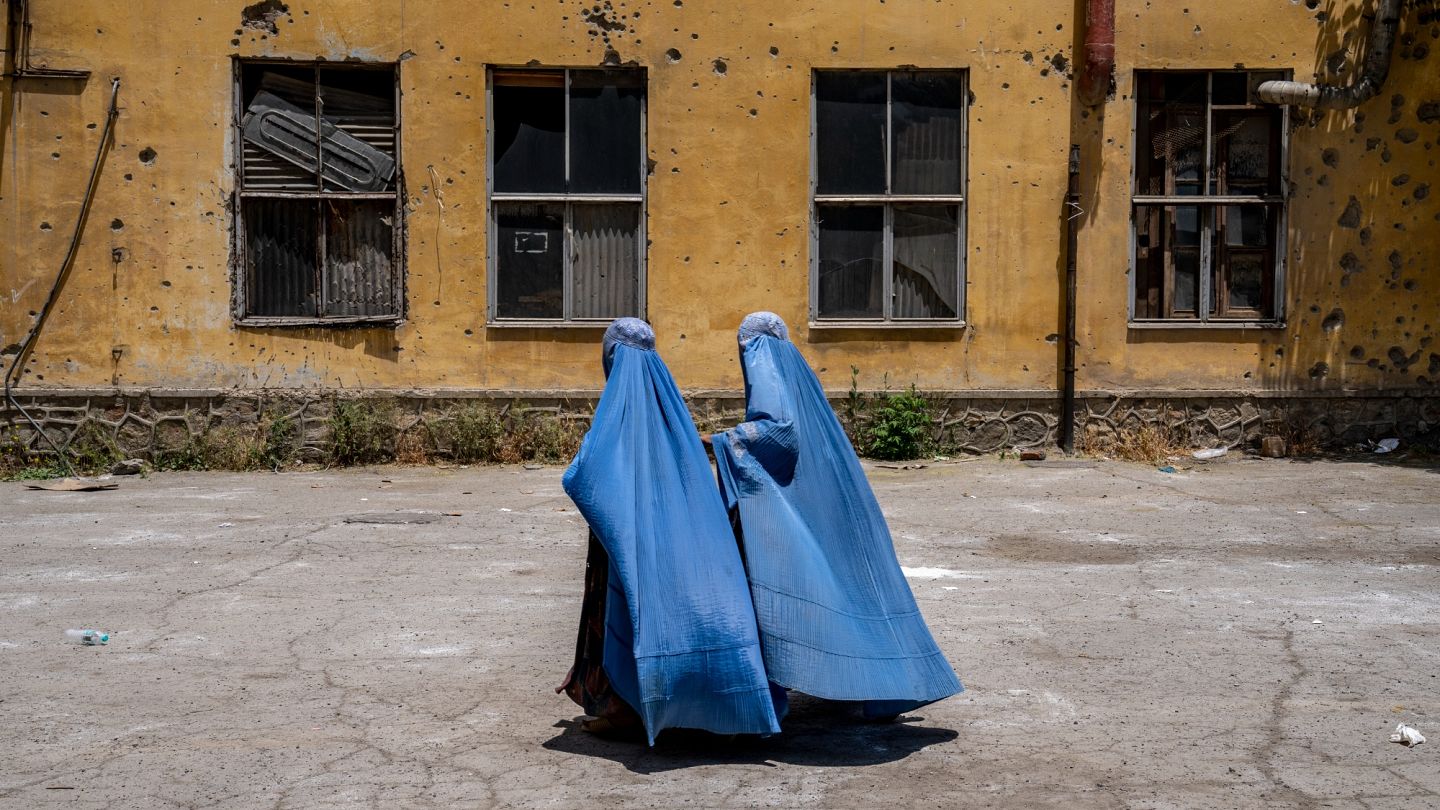ICC issues arrest warrants for Taliban leaders over women's rights violations
The International Criminal Court issued arrest warrants for the Taliban’s supreme leader and the head of Afghanistan’s supreme court, who have limited girls' education and banned women's voices from being heard in public.
The International Criminal Court has issued arrest warrants for the Taliban's supreme leader and the head of Afghanistan's Supreme Court on charges of persecuting women and girls in the country.The ICC warrants, issued on Tuesday, accuse the leaders of "ordering, inducing or soliciting" the crime against humanity of persecution on the grounds of gender since they seized power four years ago. They name the Taliban supreme leader Hibatullah Akhunzada and the head of Afghanistan’s Supreme Court, Abdul Hakim Haqqani. As well as persecuting women and girls, the ICC also accuses the leaders of targeting "other persons...because certain expressions of sexuality and/or gender identity were regarded as inconsistent with the Taliban’s policy on gender." People "perceived as 'allies of girls and women'" have also been persecuted on political grounds, it said.Since seizing power in August 2021, the Taliban has severely curtailed the rights of girls and women, limiting their rights to "education, privacy and family life and the freedoms of movement, expression, thought, conscience and religion" using edicts and decrees.The rollback of women's rights in Afghanistan has been wide-ranging and severe. The new regulations include so-called morality laws that require women to wear face coverings and prohibits them from leaving the house or travelling without a male "guardian." There have been surges in child marriage and cases of arbitrary detention for those fleeing abuse, according to Amnesty International.The Taliban has enacted a ban on women’s voices being heard in public as part of a requirement for a woman to conceal her face, body and voice outside the home.The Taliban's leader, Akhunzada, in March 2024 announced that authorities would resume publicly stoning women to death.The Taliban has also banned girls from accessing secondary education and barred women from most public sector roles.Men and boys have also faced alleged gendered violations, including beatings or detention for breaching rules against "un-Islamic" clothes or hairstyles, according to the Centre for Information Resilience's Afghan Witness project.


